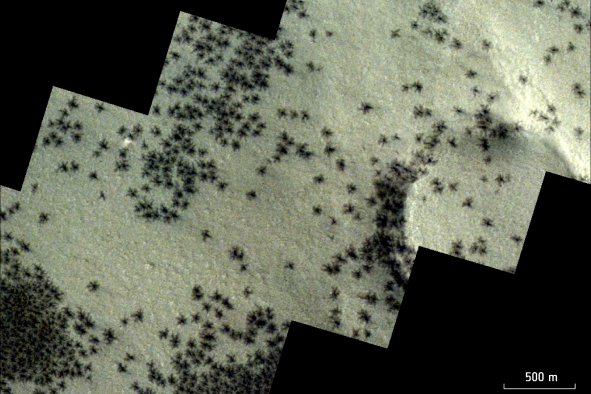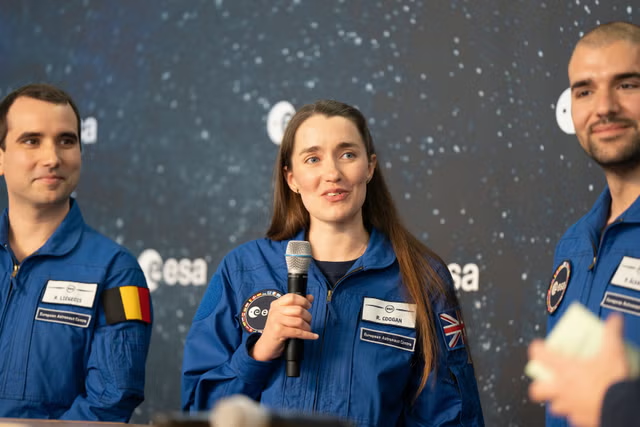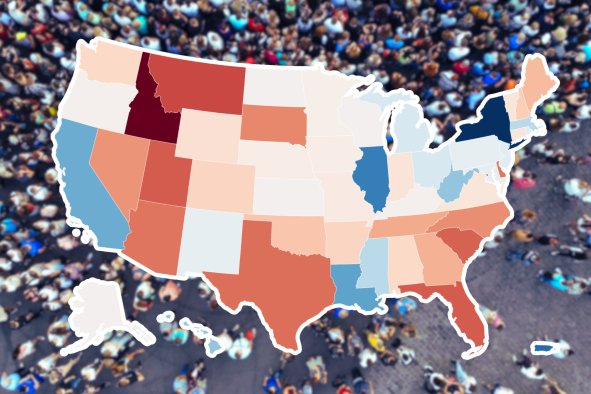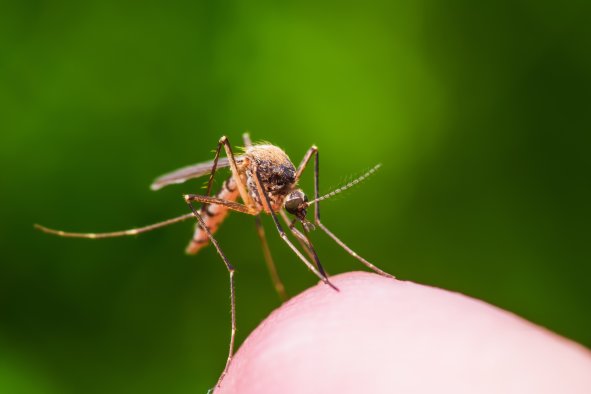A man has been reunited with a security card that he lost 21 years ago after it was discovered 2,400 miles away underneath the ice of Antarctica.
The card was lost by New Zealand music producer David McCaw in 2003 after his car was broken into and his briefcase was thrown into the harbor of the country's capital, Wellington.
Against all odds, the very same card was discovered on the sea floor thousands of miles away during a dive under the Antarctic ice at Cape Evans in 2016.
Rod Budd, a technician at New Zealand's National Institute of Water and Atmospheric Research (NIWA), spotted the card on the seabed as he studied the creatures on the Antarctic seafloor.
"The visibility wasn't great. At first, I thought it was a credit card," Budd said in a NIWA statement. "I dived down to retrieve it, put it in my pocket, and carried on with my work. It's not unusual for items to fall under the ice, especially in this part of Antarctica where lots of scientists work, as well as its proximity to Scott's historic hut, which gets a fair few visitors."
After bringing the card to the surface, Budd and his team saw that it belonged to McCaw.
"David wasn't on the expedition with us, so I presumed he'd been down in Antarctica that season and dropped the card at some point. I made a mental note to return it to him once I got back to New Zealand," Budd said.
The card remained with NIWA for eight more years after its discovery until they finally tracked McCaw down.
"Years later, after several failed attempts to source an email or phone number for David, I told the NIWA comms team about it because I thought it'd made an interesting internal story. Well, I didn't expect what was coming next," Budd said.
Budd and the others were staggered to discover that McCaw had never been to Antarctica, and the card had somehow made it all the way from New Zealand, while McCaw was shocked to be reunited with a card he had lost over two decades ago.
"I'm absolutely staggered to see that access card again! I'm not sure I can give you a plausible explanation right now," McCaw wrote in his email response to NIWA reaching out.
"In 2003, my car was broken in to and my work briefcase stolen while it was parked over the road from the Michael Fowler Centre," he said. "The contents of the briefcase were discarded including the security access card I kept in the bag. A few days later the briefcase was handed in to Wellington Police Station, apparently retrieved by someone from Wellington Harbour. I collected the briefcase, mostly empty, except for a quantity of seawater and some soggy documents!"
The NIWA researchers were mystified as to how the small card could have traveled over 2,400 miles between 2003 and 2016.
"I find it difficult to imagine how it could have got there of its own accord AND turn up in one of the few locations around Antarctica where people regularly go," Craig Stevens, a physical oceanographer with NIWA, said in the statement. "There is nothing in the ocean currents that plots a direct line from Wellington to Cape Evans."
So how on Earth did the card get all the way to Antarctica?
"A scenario where it could happen involves the card leaving Wellington Harbour, entering the Western Boundary Current towards the North Pacific, moving past Samoa," Stevens said. "If the card then (somehow) became more buoyant, it would work its way to the surface by wind mixing and other processes, go through Indonesia, cross the Antarctic Circumpolar Current—the world's largest—and land in Cape Evans. But this would take 1,000 years."
Stevens told Radio New Zealand (RNZ) that the card could have attached itself to something more buoyant.
"There are forms of biology that can crust on something and then become buoyant," he said. "Strange things do happen."
Alternative theories have been put forward to explain how the card made its impressive journey, including the card thief possibly working on a ship, or the card somehow attaching itself to the bottom of a research vessel. For now, however, the mystery remains unsolved.
"I would dearly love to know. It would be very satisfying to close the circle on this," McCaw told RNZ.
Do you have a tip on a science story that Newsweek should be covering? Do you have a question about Antarctica? Let us know via science@newsweek.com.
Disclaimer: The copyright of this article belongs to the original author. Reposting this article is solely for the purpose of information dissemination and does not constitute any investment advice. If there is any infringement, please contact us immediately. We will make corrections or deletions as necessary. Thank you.



